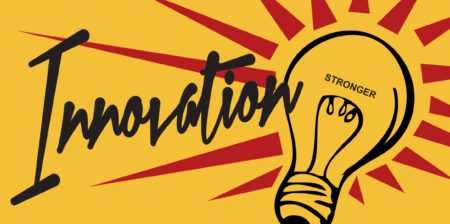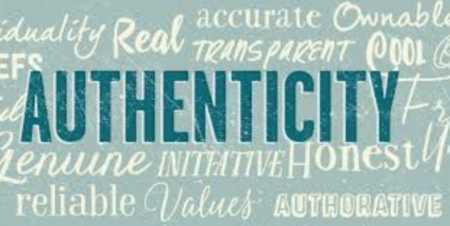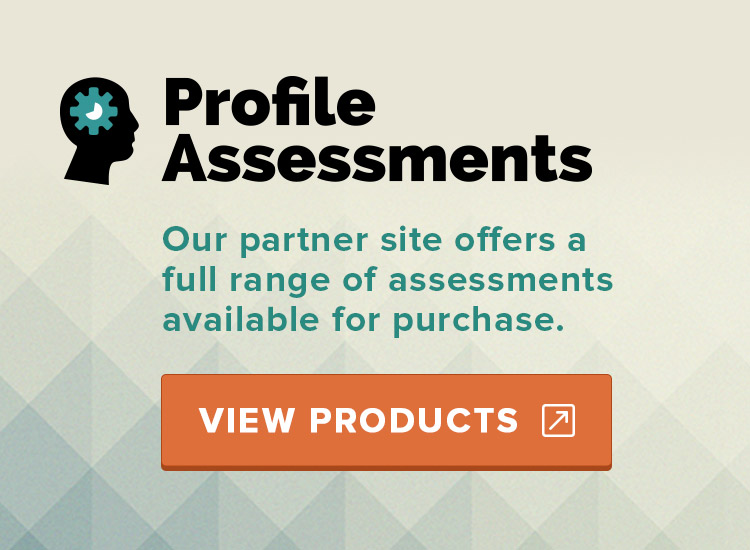4 Essential Outcomes of Team Trust
 Trust is the ultimate foundation for great teams. As our team reflected on 2019, we recognized that many teams have high throughput and productivity. Yet, when we measured the level of trust within these teams, we found that 100% of teams had significant underlying trust issues. No one seems to want to talk about this. Instead it is ignored – swept under the rug because the team is producing. How does a lack of team trust impact the team? Ultimately, it becomes the team culture and with leadership teams, this can have a negative influence across an organization. Team members are guarded, often hold grudges, are reluctant to address situations that may bring up conflict, and individuals go at it alone rather than collaborate.
Trust is the ultimate foundation for great teams. As our team reflected on 2019, we recognized that many teams have high throughput and productivity. Yet, when we measured the level of trust within these teams, we found that 100% of teams had significant underlying trust issues. No one seems to want to talk about this. Instead it is ignored – swept under the rug because the team is producing. How does a lack of team trust impact the team? Ultimately, it becomes the team culture and with leadership teams, this can have a negative influence across an organization. Team members are guarded, often hold grudges, are reluctant to address situations that may bring up conflict, and individuals go at it alone rather than collaborate.
The best of the best teams are more than the tasks they check off a list in the achievement of company objectives. The greatest teams are those that truly connect in a meaningful way. They have a strong foundation of trust. And quite frankly, they have fun doing it.
 There are many ways to measure trust on the team but if you would like to get a quick pulse on team trust, have team members anonymously evaluate team trust on a continuum. At your next team meeting, distribute a Trust Continuum. On one end of the scale is ‘No Trust’ and the other end of the scale is ‘Total Trust’.
There are many ways to measure trust on the team but if you would like to get a quick pulse on team trust, have team members anonymously evaluate team trust on a continuum. At your next team meeting, distribute a Trust Continuum. On one end of the scale is ‘No Trust’ and the other end of the scale is ‘Total Trust’.
It’s important to understand what we mean by Trust. There is ‘predictable trust’ which is easy to establish. For example, every Monday meeting with our staff, I can predict who will show up on time, who will be late, and who will be prepared. It’s learned behavior based on consistent actions. What we want to evaluate is ‘vulnerable trust’ which requires individuals to feel comfortable saying what they need to say and trust they will be heard and listened to in a respectful way. They trust that all team members have their back no matter what. Rare to be sure – but not impossible.
No Trust ———————————————————————————— Total Trust
Have each team member mark an ‘X’ where they think their team is on the trust continuum and gather the responses. Be sure to do this in a way that keeps responses anonymous so that you have a higher probability of gaining honest feedback. Compile the scores on the continuum and evaluate the results. What is the distribution of ‘X’s’ on the continuum? This lends itself to the opportunity of starting a conversation about team trust.
The Benefits of Team Trust
There is a wealth of benefits for teams that have a solid foundation of trust. We are highlighting 4 essential outcomes of team trust:
 Team Engagement: Teams that have a high level of trust are teams that work together in a way that engages all team members. There is a ‘flow’ of communications across the team that promotes the sharing of best practices, a system of support across team members, and it keeps the team unified towards overall team objectives. Team members have an awareness of how their work fits into the greater whole. It eliminates isolation and promotes collaboration.
Team Engagement: Teams that have a high level of trust are teams that work together in a way that engages all team members. There is a ‘flow’ of communications across the team that promotes the sharing of best practices, a system of support across team members, and it keeps the team unified towards overall team objectives. Team members have an awareness of how their work fits into the greater whole. It eliminates isolation and promotes collaboration.
 Team Innovation: Teams that are engaged are able to better identify innovations. When teams are unified in the purpose of their objectives, that sharing of knowledge is visible to all. The opportunity for innovation is great when the team is clear on the vision and how each part of the process comes together. This collaboration naturally fosters the opportunity for meaningful innovation.
Team Innovation: Teams that are engaged are able to better identify innovations. When teams are unified in the purpose of their objectives, that sharing of knowledge is visible to all. The opportunity for innovation is great when the team is clear on the vision and how each part of the process comes together. This collaboration naturally fosters the opportunity for meaningful innovation.
 Problem-Solving Under the Pressure of Time: Today’s pace is relentless. Everyone is overloaded. Checklists are endless. When it comes to solving problems, teams with a low level of trust tend to attack problem-solving as a task to be checked off the list. To keep up, there’s not time to consider the bigger picture when a system isn’t in place that promotes truly collaborative teamwork. The result – assumptions are made, decisions are based on limited information, and often times, teams end up backtracking when the problem isn’t actually solved in a way that serves the best interests of the company. Teams with a high level of trust work within a culture rich with understanding. Team members are aware of the implications of decisions made when they are clear on where the team is going and how the efforts across the team come together to achieve the best objectives.
Problem-Solving Under the Pressure of Time: Today’s pace is relentless. Everyone is overloaded. Checklists are endless. When it comes to solving problems, teams with a low level of trust tend to attack problem-solving as a task to be checked off the list. To keep up, there’s not time to consider the bigger picture when a system isn’t in place that promotes truly collaborative teamwork. The result – assumptions are made, decisions are based on limited information, and often times, teams end up backtracking when the problem isn’t actually solved in a way that serves the best interests of the company. Teams with a high level of trust work within a culture rich with understanding. Team members are aware of the implications of decisions made when they are clear on where the team is going and how the efforts across the team come together to achieve the best objectives.
 Authentic Communications: When working with teams, it’s astonishing to see how many teams do not work in a culture of authentic communications. Individuals who have worked side-by-side for years have little knowledge of their teammates. Conversation is primarily focused on work related information and the perfunctory niceties of ‘how was your weekend’? Then it’s down to the tasks at hand.
Authentic Communications: When working with teams, it’s astonishing to see how many teams do not work in a culture of authentic communications. Individuals who have worked side-by-side for years have little knowledge of their teammates. Conversation is primarily focused on work related information and the perfunctory niceties of ‘how was your weekend’? Then it’s down to the tasks at hand.
Teams that establish authentic communications are teams that have an understanding of ‘who’ their teammates truly are as a human being. When we can establish a connection with the person and not just a person’s work role, the opportunity to engage in authentic communications happens. And, it can be very insightful in understanding where people are coming from. This naturally lends itself to team engagement and respectful communications. There are many ways to make this happen. Intentional social settings, unique questions of the day to kick off a meeting, or make it a priority to schedule short coffee chats to talk off-line about topics that are not focused on work tasks.
Read more about Team Trust: Four Crucial Questions to Build Team Trust
